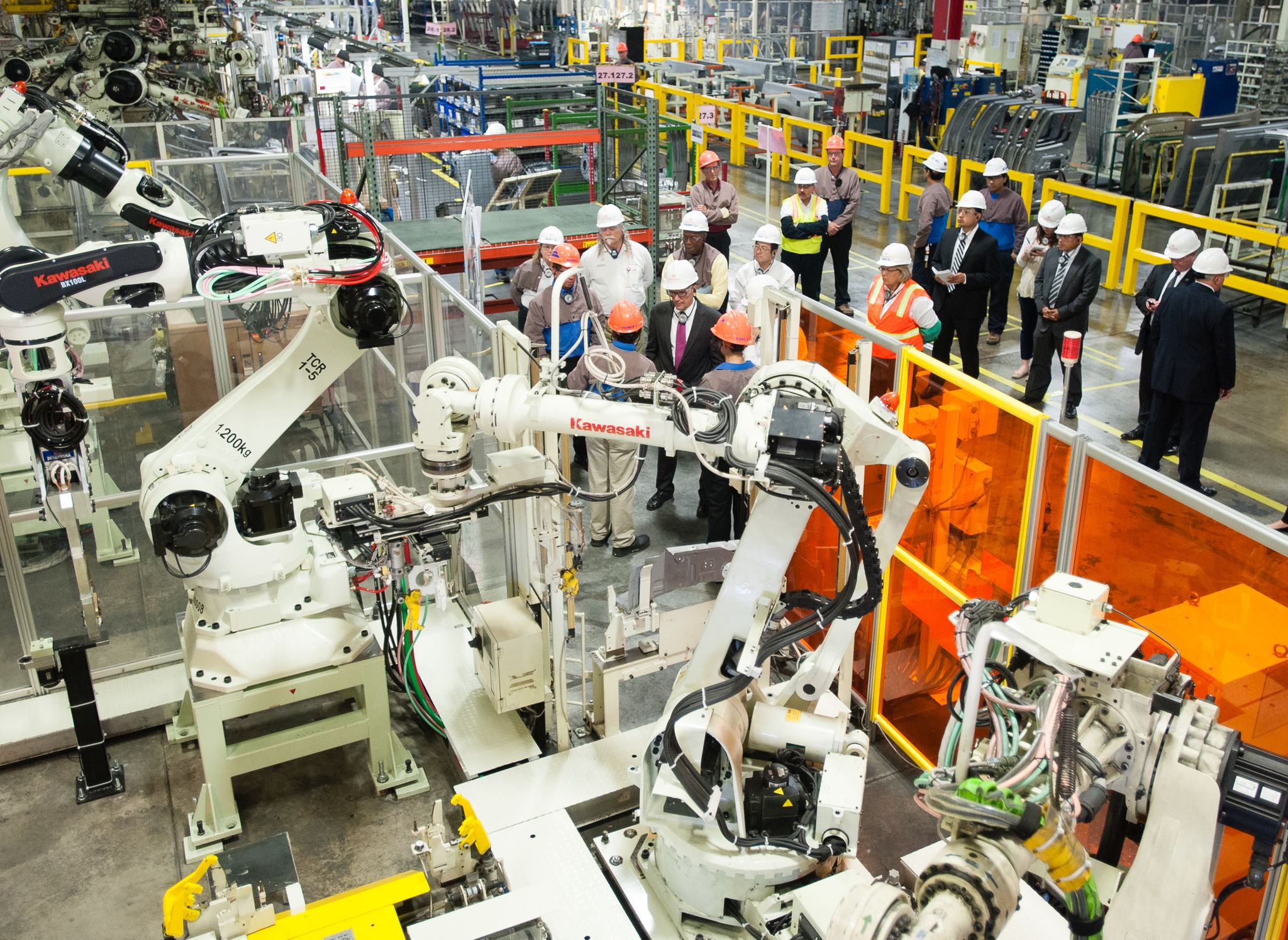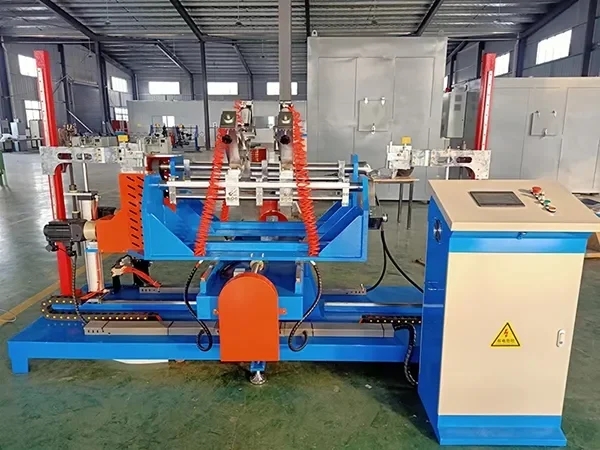
As the world becomes more energy-conscious, it is important to understand the differences between commercial and industrial energy. While both are essential for powering our economy, they have distinct characteristics that set them apart.
Commercial energy refers to the energy used in buildings such as offices, retail stores, and hospitals. This type of energy is typically used for lighting, heating, cooling, and powering appliances. Commercial energy is usually supplied by utility companies and is billed on a monthly basis.
On the other hand, industrial energy is used in manufacturing and production processes. This type of energy is used to power machinery, equipment, and other industrial processes. Industrial energy is often supplied by on-site generators or purchased from utility companies.
One of the key differences between commercial and industrial energy is the amount of energy consumed. Industrial energy consumption is typically much higher than commercial energy consumption due to the nature of industrial processes. In addition, industrial energy is often used continuously, while commercial energy is used intermittently.
Another difference is the cost of energy. Industrial energy is often purchased in bulk and at a lower cost per unit than commercial energy. This is because industrial energy consumers require a large amount of energy and can negotiate better rates with utility companies.
In terms of energy efficiency, commercial buildings have made significant strides in recent years. Many commercial buildings now use energy-efficient lighting, HVAC systems, and appliances to reduce energy consumption. Industrial processes, on the other hand, are often energy-intensive and require large amounts of energy to operate.
Finally, the environmental impact of commercial and industrial energy consumption is also different. Industrial processes often produce emissions and waste that can be harmful to the environment. Commercial buildings, on the other hand, have a smaller environmental impact but can still contribute to greenhouse gas emissions.
In conclusion, while commercial and industrial energy are both essential for powering our economy, they have distinct differences in terms of consumption, cost, efficiency, and environmental impact. Understanding these differences can help individuals and businesses make informed decisions about their energy consumption and contribute to a more sustainable future.






